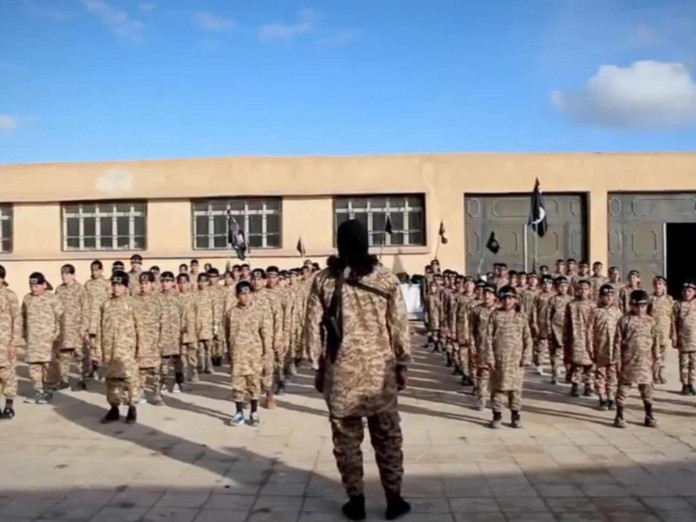Introduction
There are potentially three provinces of thought or general frameworks that can, if we invest in them well, provide us with effective solutions and real successes in the face of extremist behaviour, culture and practice. These provinces deal with the culture of extremism that preceded it on the one hand and, on the other hand, represent remedies to eliminate the impact of violence and radicalisation, and which can be summarised as follows:
The first province: It is evident that one aspect of religious culture, widely disseminated in certain schools and seminaries and some academic circles, portrays a certain sect or group as being the owners of the true Islam, and that it alone can deduce the correct legal edicts to formulate jurisprudence or the true religion. It is thus necessary to disseminate an open and tolerant religious culture which permits pluralism and acceptance of the other, be it an opinion, the individual, the community, religion or culture, and to promote better understanding of religion and Sharia and its provisions.
The second province: The dissemination of a culture of civil society and democracy. Whenever this form of culture is weakened, the culture of violence and extremism flourishes in its various forms: religious, ethnic, factional and regional. This is primarily “an educational, academic, intellectual and media” responsibility, and as such should be sponsored by a national effort which requires the government, through all its official civil organs – and at the same time, the executive branch places the national effort on an institutional footing – to create an integrated and concerted project, which is continuous and permanent in nature and not merely temporary or contingent.
The third province: The consolidation of the values of tolerance and pluralism and the culture of respect for human rights and acceptance of others and reinforcing them through the institutions tasked with guidance and education. This will require the Ministries of Education and Higher Education and Scientific Research to take a lead role in this matter, together with the Religious Endowments, the Ministry of Youth and Sports, and media institutions, who together bear great responsibility in this regard.












